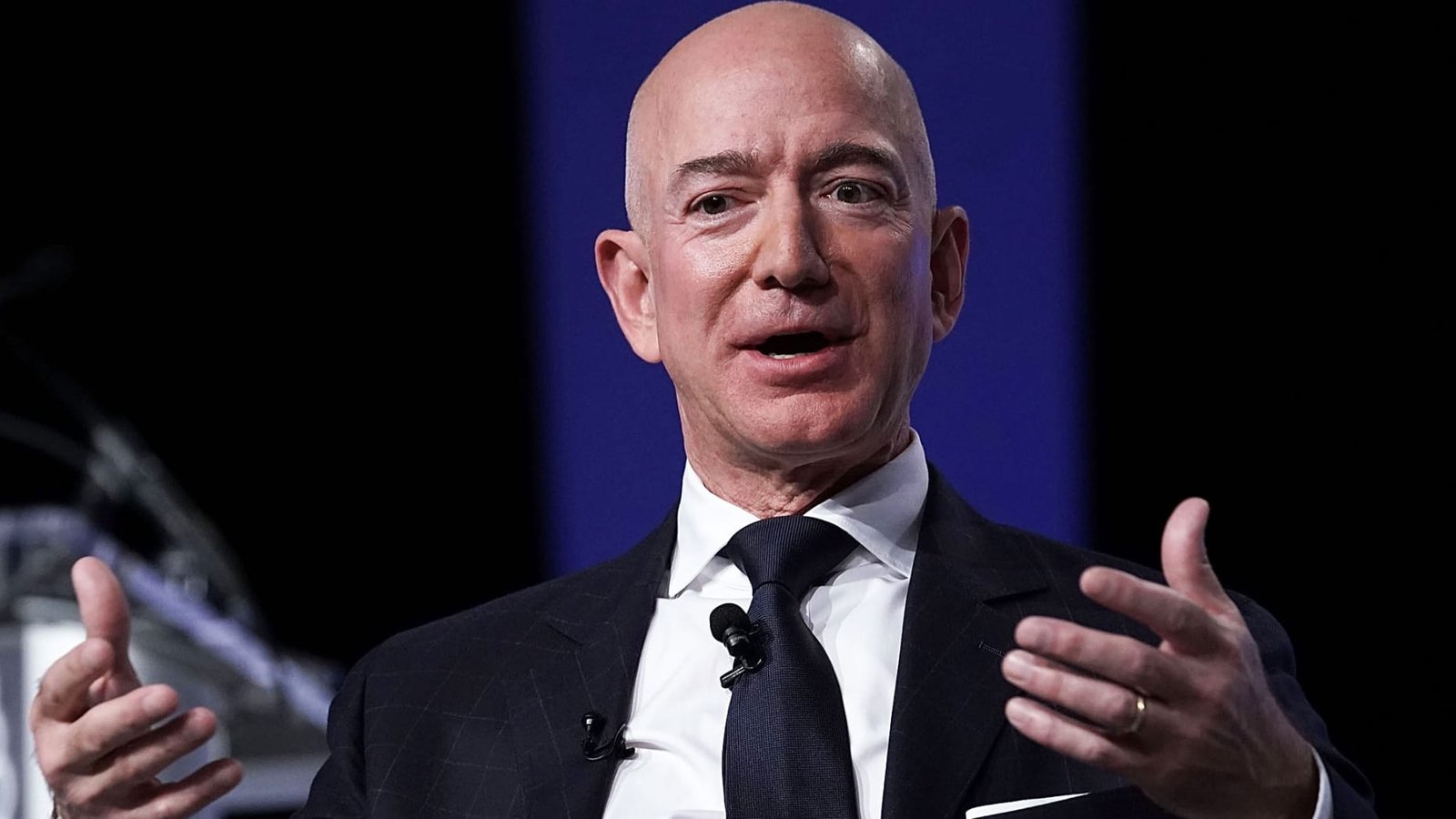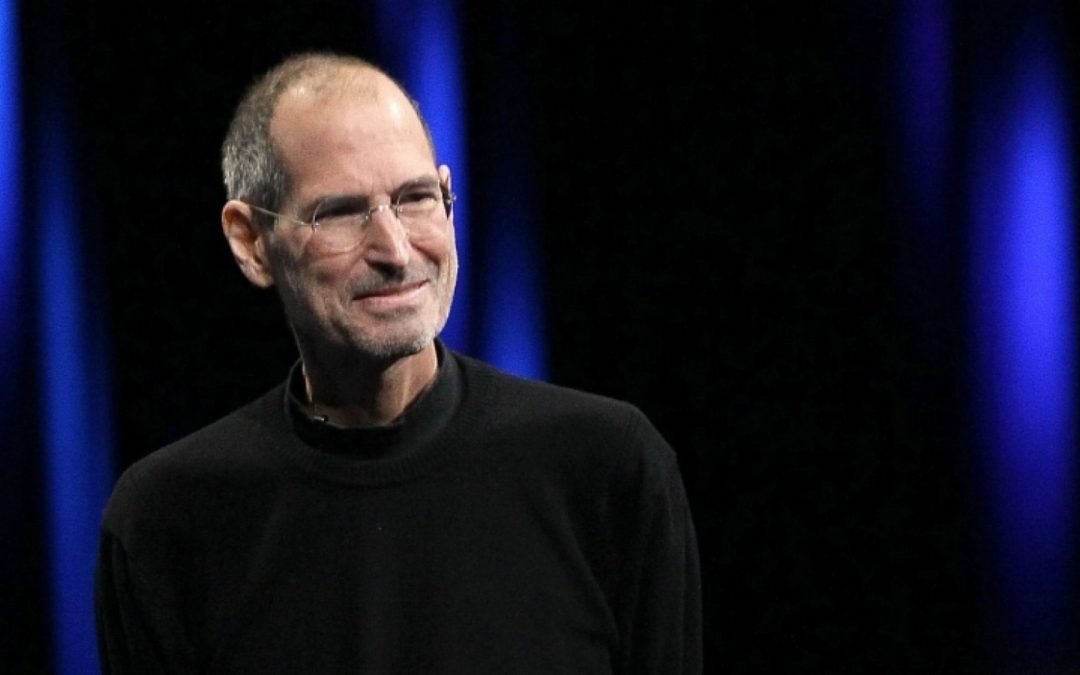With the busy electronic world in which “everything’s fast,” it’s easy to feel that only those who are privileged or connected are the ones who will succeed. But we know, after all, some of the greatest tech entrepreneurs of history started from zero: just a vision, a lot of hard work, and an indomitable will to succeed. These are the stories of perseverance, innovation, and, most importantly, the belief that anything is possible.
Let’s get into some incredible stories of tech entrepreneurship where going from zero to hero could change the world with pure determination and the right mindset.
Elon Musk: From Online Gaming to Space Exploration

There’s little doubt that discussing Elon Musk is the equivalent of discussing one of the biggest visionaries in the tech world for the 21st century. However, the problem is that Musk’s road to stardom and riches had never been easy. Born in South Africa, Musk proved to be a geek at an early age. At 12 he already sold the video game he made in his basement, known as *Blastar*, for around $500. He attended school in Canada and then in the United States before turning entrepreneurs multiple times in Silicon Valley.
His first major success came through the founding of Zip2, a software company he sold to Compaq nearly for $300 million. Musk would continue with co-founding X.com, which eventually became PayPal, sold to eBay for $1.5 billion. But that was not all that Musk wanted to do. His vision had continued far beyond financial technology.
In the middle of the 2000s, he decided to set his goals in space exploration. He founded SpaceX to make travel to outer space as cheap as possible and accessible to anyone. He also founded Tesla, with electric cars that changed everything in the automotive world. Through his ventures, he has changed the trajectory of many industries—space, energy, transportation—and seen through thick and thin and just keeps pushing what’s possible.
From Musk we can learn how strongly he believes in innovation. Many a times when people around him doubted his ideas, he still proceeded. From him we learn how thinking long term and big risks are the main reasons for world-changing success.
Jeff Bezos: From Bookstore to World’s Largest E-Commerce Colossus

Before he became the world’s richest man for a time, Jeff Bezos was just another entrepreneur with a vision. In 1994, Bezos resigned from the stable job at a New York investment bank to move out to Seattle to open an online bookstore in his garage. The firm he founded, Amazon, was first known as Cadabra , but its name is nowadays very iconic.
Many challenges abound when Bezos first started. The e-commerce model was new, and most people didn’t think online shopping would ever take off. Bezos, even now, was far off from the tech mastermind that we know today. He bootstrapped Amazon through round upon round of funding and loans personally taken from his very own pocket of money, living in an apartment no larger than a closet while obsessively working to grow his fledgling business.
But what Bezos had in store was much bigger than the books alone. Years have passed since Amazon grew into a present-day megatech giant selling groceries, electronics, launching the AWS cloud computing service, and even launching Amazon Prime Video for good entertainment.
The story of Bezos is also an example of the importance of vision and tenacity. Setting up setbacks aside, Bezos never lost his grip on the essential things required to build an empire from scratch-for the satisfaction of his customers and innovation along with long-term thinking.
Steve Jobs: The Strength of Failure and Reinvention

Steve Jobs was the public face of technology and the legendary cofounder of the company Apple that would revolutionize industries, from personal computing to music and mobile phones. Jobs’s road to success was not straight sailing. In 1985, after a public dispute with the Apple board, Jobs was expelled from the very company he had helped found. That must have been somewhat humbling, but that didn’t stop him.
During his time away from Apple, Jobs founded *NeXT*, the high-end computer company focused on higher education and business. It was not a commercial success but did found many of the innovations that were to define Apple’s future.
In 1996, Apple acquired NeXT; Jobs returned to the family fold. This time around, he headed Apple when the company was in free fall; profit margins tumbled and the company seemed very rudderless. His subsequent product rollouts that would follow would forever change consumer technology: the iMac , the iPod , the iPhone , and finally, the iPad.
Jobs’ is a tale of invincibility. He redefined himself after failure. It shows determination and a refusal to accept mediocrity when one’s career or personal life falls down. Failure is just the end; sometimes it just forms the beginning of something better.
Mark Zuckerberg: From Dorm Room to Global Social Network
Mark Zuckerberg launched Facebook in a dorm room at Harvard in 2004 as an exclusive social network for college students, simply titled The facebook. What began as a side project soon caught on with students from all Ivy League schools and far beyond. From there it grew to become a global platform changing communication and interaction patterns worldwide.
Controversies, such as a lawsuit filed by former classmates for stealing an idea from them, surrounded Facebook during its formative years; however, the vision for a connected world driven by Zuckerberg ensured that the project saw the light of day. What began like any other social networking site gradually became an all-encompassing empire, acquiring Instagram and WhatsApp.
Today, the young Zuckerberg is among the world’s youngest billionaires, but his climb to the top was not without its battles. To achieve the peak early growth of Facebook, competition, legal battles, and constantly evolving landscape in the tech world were necessary. Keeping up with his vision to scale and pivot quickly kept Facebook on top of the social media game.
The story of Zuckerberg shows how staying focused on what you want, being in a flexible mood as your surroundings change, and not afraid to take risks can build something huge.
Jack Ma: From English Teacher to Tech Mogul

Here is one inspirational tale: patience and tenacity. Born in Hangzhou, China, Jack Ma failed at many early endeavors. He was turned down multiple times from job offers, but one that he was scorned for being considered for KFC. And of course, flunking the college entrance exam twice before succeeding on the third try.
By the late 1990s, after a visit to the United States, Ma discovered the internet as an opportunity to revolutionize trade. He started *Alibaba* in 1999. The results would soon be nothing short of revolutionary: today, this e-commerce platform has an impact on global trade that would have seemed impossible two decades ago. Despite skepticism and obstacles, including early years of financial struggle and inability to gain traction, Ma’s determination paid off.
Alibaba exponentially grew, and by 2014, it was one of the largest IPOs in the history books. From a former English teacher, Jack Ma becomes one of the founders of a company with hundreds of billions of dollars.
Another valuable lesson from the story of Jack Ma is success came about because of resilience and the exploitation of opportunities that others may miss. His journey goes to tell us that you cannot really fit into any defined mold; it is enough that you have passion, hard work, and a willingness to learn.
The Common Thread of Success
Success stories of tech entrepreneurs have been threaded with resilience in the face of adversity. Some started without a penny to their names, others faced waves of criticism, and countless others turned their business models multiple times – all of them demonstrating faithfulness to a particular vision.
Since it matters for those who are in the queue, these stories are a good reminder that success is not linear for anyone in the tech world. While one needs to be patient and adaptable, rigorous innovation always defines success in this field. One does not avoid failure; one uses it as a stepping stone to get to higher grounds.